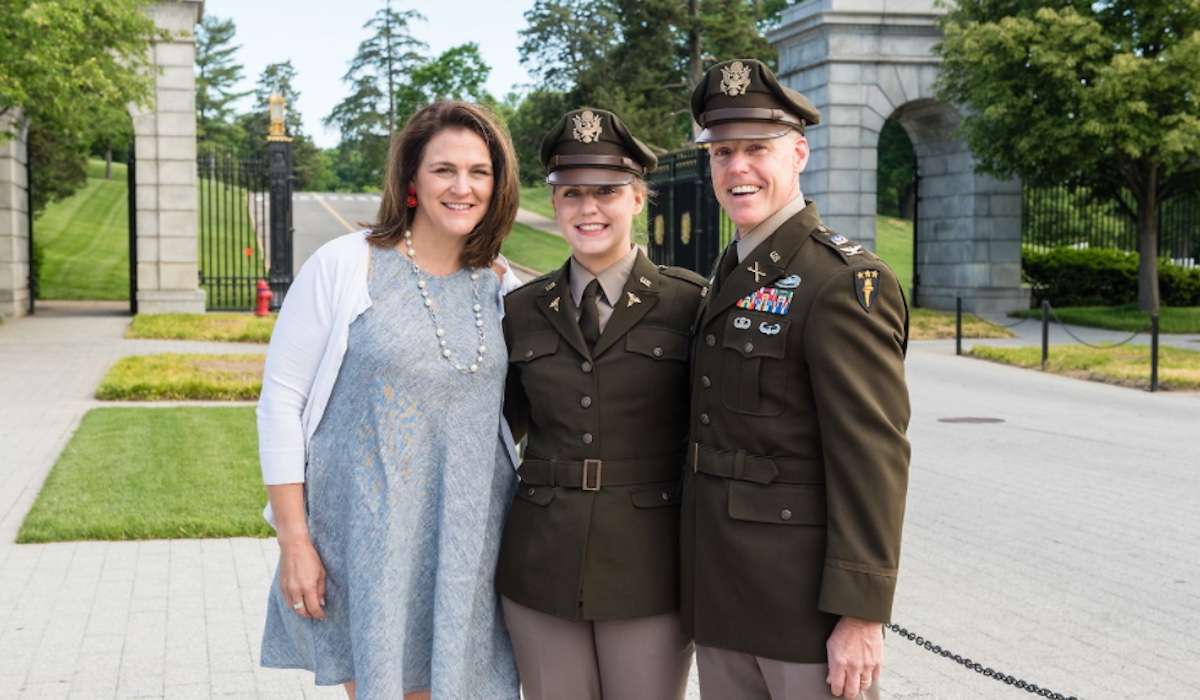For U.S. Navy Officers (nuclear trained)
Thinking about up-coming shore duty?
While in Washington, D.C., why not earn an M.S. in Engineering Management?
Complete In-Residence Graduate Education.
The Catholic University of America offers a comprehensive program for Nuclear-Trained Naval Officers interested in engineering management. The program offers a 30 credit degree that uses 12 credits based on completion of the Officers Naval Nuclear Propulsion Training Program or the Bettis Reactor Engineering School. Courses are taught by seasoned professionals, who have the education and experience to give the students an understanding of engineering management practices and the underlying theory that supports them. We give students a balanced and integrated view of theory and practice.
Program Background
In the late 1970s Captain Walter Krause, USN Retired, started Catholic University's Engineering Management Program. As a former submarine officer he understood the value of the Nuclear Power School education. He also understood that the typical Washington two year tour of duty was extremely tight for completing a Masters degree. He initiated the practice of transferring credit for the Nuclear Power School as equivalent to technical course electives.
As a result we have had nuclear officers in every graduating class since the beginning of the program, and development of curriculum and selection of faculty has taken into account that the U.S. Navy officer corps is a major source of our students.
Due to university regulation, the transfer credit for the power school has been limited to six credits until now. Based on a detailed review of the Nuclear Power School Curriculum, Catholic University now allows 12 credits toward most Engineering Master's degrees for completion of the Nuclear Power Program or the Bettis Reactor Engineering School.
Who is Eligible?
Anyone who has completed the Officers Naval Nuclear Propulsion Training Program or Bettis Reactor Engineering School, and meets the normal entrance criteria for Catholic University's School of Engineering. Those that do not have an engineering, scientific, or mathematics undergraduate degree are considered to have met the engineering undergraduate prerequisites as a result of successful completion of the Nuclear Power School.
What is required?
The Master of Science in Engineering degree is awarded upon meeting the following:
A. Completion of six mandatory core management courses (upon approval) with an average "B" grade or better:
- CMGT 572 Organizational Theory and Behavior
- CMGT 573 Planning and Control of Organizations
- CMGT 574 Strategic Management or CMGT 508 Technology Management or CMGT 575 Introduction to Systems Analysis or CMGT 515 Software Engineering Management
- CMGT 510 Information Systems for Managers or CMGT 570 Project Management or CMGT 547 Managerial Engineering Economics
- CMGT 505 Decision Analysis or CMGT 562 Engineering Risk Management
- CMGT 580 Introduction to Systems Engineering Management
B. Transfer of 12 credits (technical electives) for completion of the Officers Naval Nuclear Propulsion Training Program or the Bettis Reactor Engineering School.
C. Degree requirements of the university and the Engineering Management Program. This includes normal academic requirements as stated in Catholic University's Announcements Catalog.
For US Navy Officers (non-nuclear trained)
Thinking about up-coming shore duty?
While in Washington, D.C., why not earn an M.S. in Engineering Management?
Complete In-Residence Graduate Education.
Effective July 2019 for US Navy Officers (non-Nuclear Trained), the Engineering Management Program may use 6 transfer credits based on specified Navy education, training, and experience.
May result in eligible student’s need to take only 8 courses (3 credits each) to complete the 10 course/30 credit hour MS degree program.
For US Navy officers (non-nuclear trained): Effective July 2019, the following individuals who meet the CUA academic program requirements are eligible to apply for admission to the CUA Master of Science degree, in the Engineering Management program:
Any Navy officer (non-nuclear trained) that has a bachelor’s degree from an accredited college or university, has graduated from a Navy internal career pipeline school to qualify as a Surface Warfare Officer, a Naval Aviator, an Information Warfare Officer, or an equivalent specialty, and has at least three years of training and experience in leadership and management positions of a Navy officer’s service (for example, a Division Officer tour).
Any Navy officer (non-nuclear trained) that has graduated from a Navy internal career pipeline school to qualify as a Surface Warfare Officer, a Naval Aviator, an Information Warfare Officer, or an equivalent specialty and has at least three years of Navy officer service involving science, technology, engineering, and math related courses, subjects, and experiences.
Admitted students may transfer up to six (6) semester hours of graduate credit earned from the completion of the Navy internal career pipeline school that Officers must complete to qualify as a Surface Warfare Officer, a Naval Aviator, an Information Warfare Officer, or an equivalent specialty. The Dean of the School of Engineering determines which credits, if any, apply to a CUA degree and how those credits apply.
CUA retains sole discretion regarding the admission to and administration of its educational programs. Admitted students are subject to the degree completion requirements of both the CUA School of Engineering and its Engineering Management program. Students must satisfy the Degree requirements of the university and the Engineering Management Program. This includes normal academic requirements as stated in the CUA Announcements Catalog.
-

Military and Veterans
At The Catholic University of America, we have a strong commitment to our military affiliated student population (defined as veterans, active duty servicemembers, ROTC cadets, and military dependents). We strive toward meeting our goal of being a premier location in higher education for veterans continuing their studies as well as for training and supporting the next generation of military officers and national security professionals.
Learn More
